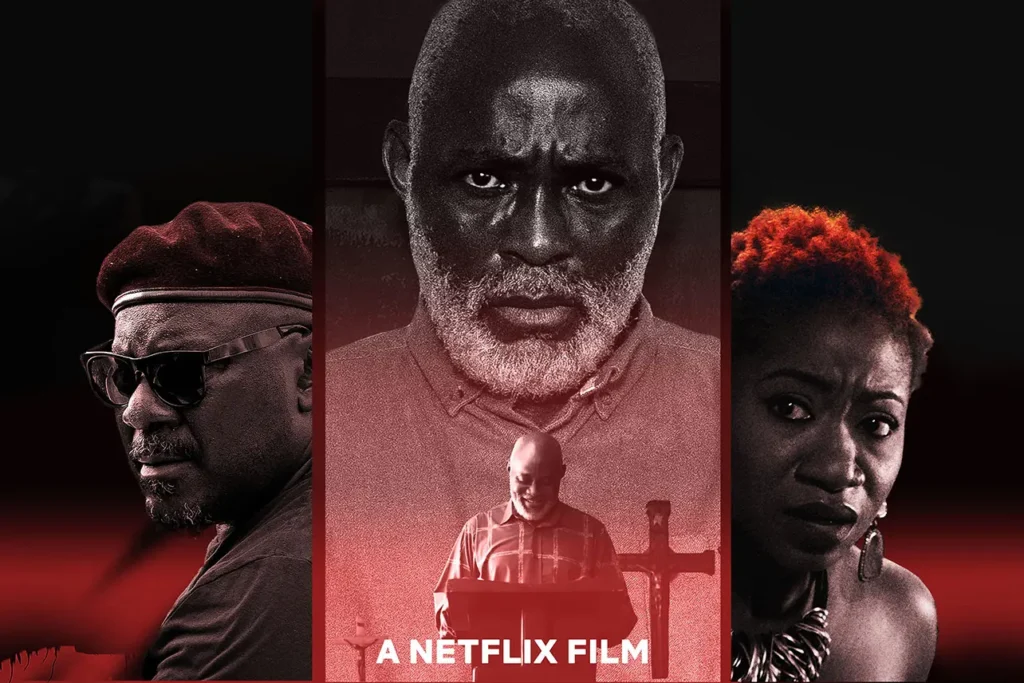Nollywood movies are a source of enjoyment for me because I believe in nurturing our own, regardless of its flaws. The progress in our film industry is evident, with the hard work and dedication put into producing quality movies. The latest releases on Netflix are not just for entertainment; they also contribute to important discussions on socio-cultural and political issues. Movies like King of Boys, Gangs of Lagos, and The Black Book have sparked conversations, and I often find myself reflecting on certain scenes and dialogues while watching them.
IJOGBON

The story of Ijogbon provoked contemplation on the inherent greediness of humanity. It shed light on the countless lives lost in pursuit of diamonds that were never rightfully theirs. Jamiu, in particular, clung onto these precious stones as if his very existence hinged upon them. However, Jamiu failed to recognize the distinction between ambition and greed, blurring the boundaries in this narrative. On a separate note, Ijogbon brought to mind the film “The Platform,” which deeply affected me for weeks on end.
Jamiu’s refusal to give Ranti his diamonds reveal a combination of greed and an inflated sense of self-importance. Despite Ranti’s request for custody of the diamonds, Jamiu believes that he has the right to keep them and is even willing to fight to maintain possession. This behavior highlights the negative consequences of greed and the dangers of valuing material possessions over human relationships.
THE BLACK BOOK

The release of The Black Book sparked a lot of attention on social media, particularly a clip of Damilola being harassed by Nigerian police. Unfortunately, many people can relate to being harassed by law enforcement agencies in Nigeria. Whether it’s SARS officials chasing after supposed yahoo boys or EFCC illegally arresting students in their hostels, the system is clearly dysfunctional. This scene in the movie not only highlights the lack of proper investigation, but also brings back painful memories for young Nigerians who remember the struggle that ended at Lekki Toll Gate in 2020. Despite any other messages in the film, this scene stands out as a reminder that the road to justice in Nigeria is still a long and difficult one.
MADAM KOI KOI

While Madam Koi-Koi is portrayed as the evil spirit in the movie, the real horror lies in the violence against women. The character of Madam Koi-Koi is a product of the societal wrongs done to women. The recent case of Olufemi Olaleye, who raped his wife’s niece and was sentenced to life imprisonment, sparked outrage among many men who believed that the punishment was too severe. However, rape is a heinous crime that has a profound impact on the victim’s life. It is disheartening to see how easily people can dismiss its severity and underestimate its impact. This is why we have characters like Madam Koi-Koi seeking revenge. It is time for us to acknowledge the scars that rape leaves behind and work towards creating a safer world for women. While Madam Koi-Koi may not have done justice in addressing the issue of rape, we hope to see justice being meted out meticulously in the upcoming episodes.







